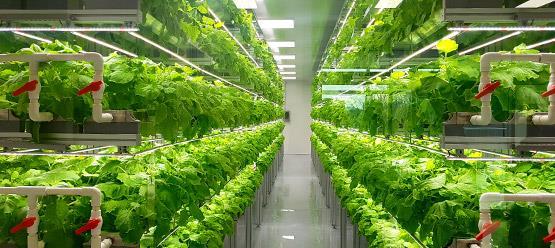The Development of Autonomous Culture boosted by the Health Crisis
The COVID-19 pandemic has caused significant changes in workplace behaviors everywhere, including social distancing. The health crisis has shown the importance of digital tools and their use for crops will increase sharply.
GreenTech, the global meeting place for all professionals involved in horticulture technology, asked whether Covid-19 would have an effect on the prospects for autonomous cultivation.
Autonomous cultivation and robotics are therefore important topics at the Wageningen University and Research (WUR). Currently the second Autonomous Greenhouse Challenge is terminates. Several teams have to manage remotely the greenhouse compartment of the WUR at the research site in Bleiswijk. The aim is to achieve the best possible yield, using as little human intervention as possible and with as few resources as possible, such as energy. Artificial intelligence, data and algorithms are essential.
According to industry professionals, the demand for these types of tools and digital resources was already growing strongly, but the health crisis will provide an additional boost. "You can control a lot of things in your greenhouse remotely using cameras, sensors and data. In the potted plant industry, you hardly see anyone in the greenhouse these days. Vegetable growing is not there yet, but there is a lot of interest in these developments," says Silke Hemming, the head of Greenhouse Technology Research Team at WUR.
Autonomous cultivation can be divided into three stages: Sensing (sensors), analyzing (AI) and acting (robotics). The development helps professionals to get good results faster. Although the health crisis has slowed down a few projects around the world, the prospects for the future are excellent.
Read the full article here.





